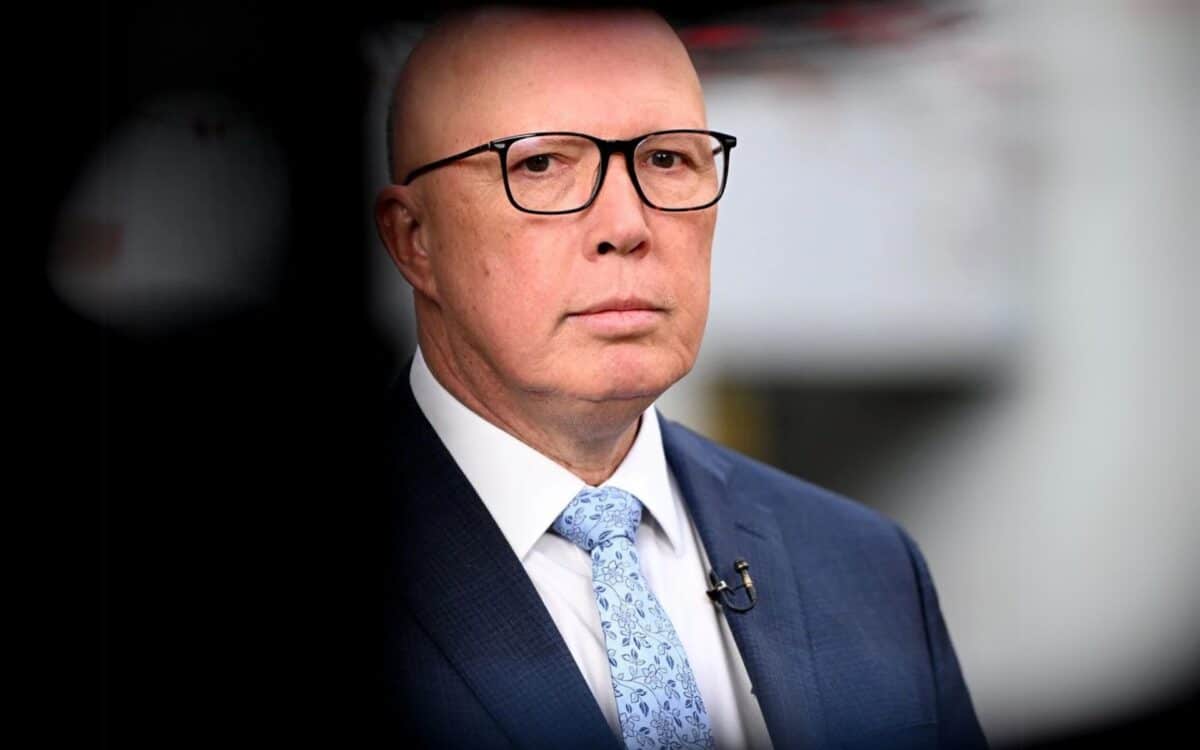The Coalition has outlined plans to overhaul Labor’s tax cut measures, replacing them with a temporary reduction in the fuel excise. This move, which they argue will offer immediate relief, has sparked significant debate.
The Guardian reports that the opposition’s position on tax cuts has raised concerns over the long-term economic impact. Instead of the legislated increases planned by Labor, the Coalition proposes a fuel excise cut, hoping to ease the financial burden on Australians.
This proposal is part of a broader strategy ahead of the upcoming election, with both sides defending their approaches to cost-of-living support.
The Coalition’s Plan: Fuel Excise Cuts Instead of Tax Reductions
The Coalition’s leader, Peter Dutton, has positioned the repeal of Labor’s tax cuts as a central aspect of their policy platform ahead of the election. Dutton’s plan would reduce the fuel excise from the current 50.8 cents to 25.4 cents per liter.
This reduction, the Coalition claims, would save Australian drivers up to $750 annually if they fill up a 55-liter tank once a week. However, experts such as AMP Chief Economist Shane Oliver argue the typical weekly fuel consumption is closer to 35 liters, which would bring the actual savings closer to $455 per year.
Despite the promise of immediate relief, concerns about the broader economic implications have been raised. Reducing the fuel excise could potentially drive up inflation, which the Coalition has yet to address directly.
Nevertheless, the policy would be more immediate compared to Labor’s tax cuts, which would be phased in over a longer period.
Labor Responds: Higher Taxes for All
Labor has strongly criticized the Coalition’s approach. Prime Minister Anthony Albanese has accused the Coalition of supporting higher taxes for all Australians, pointing to their vote against the legislated tax cuts.
Finance Minister Katy Gallagher lambasted the opposition, calling it an obstructionist move that would block progress and fail to provide relief to struggling households.
Labor’s tax cuts, which now have the backing of the Senate, were approved after significant debate. Critics, including the Greens, argue that the cuts do little to address the real financial struggles of low-income families, with claims that they “barely scratch the surface” in providing meaningful assistance.
The Economic Cost of the Coalition’s Fuel Excise Proposal
The Coalition‘s proposal would result in a $6 billion loss in government revenue, a significant reduction that could affect road infrastructure funding.
The excise is traditionally used to finance infrastructure projects, and media managers like Peter Khoury from the NRMA have warned that its temporary reduction could have long-term negative effects on road maintenance and development.
Additionally, many economists view the Coalition’s plan as reminiscent of former Liberal Treasurer Josh Frydenberg’s fuel excise cuts in 2022, which were criticized by numerous experts for potentially worsening the economic outlook.
Critics argue that cutting fuel excise as a cost-of-living measure is misguided, especially when considering the lasting impact on infrastructure funding.









